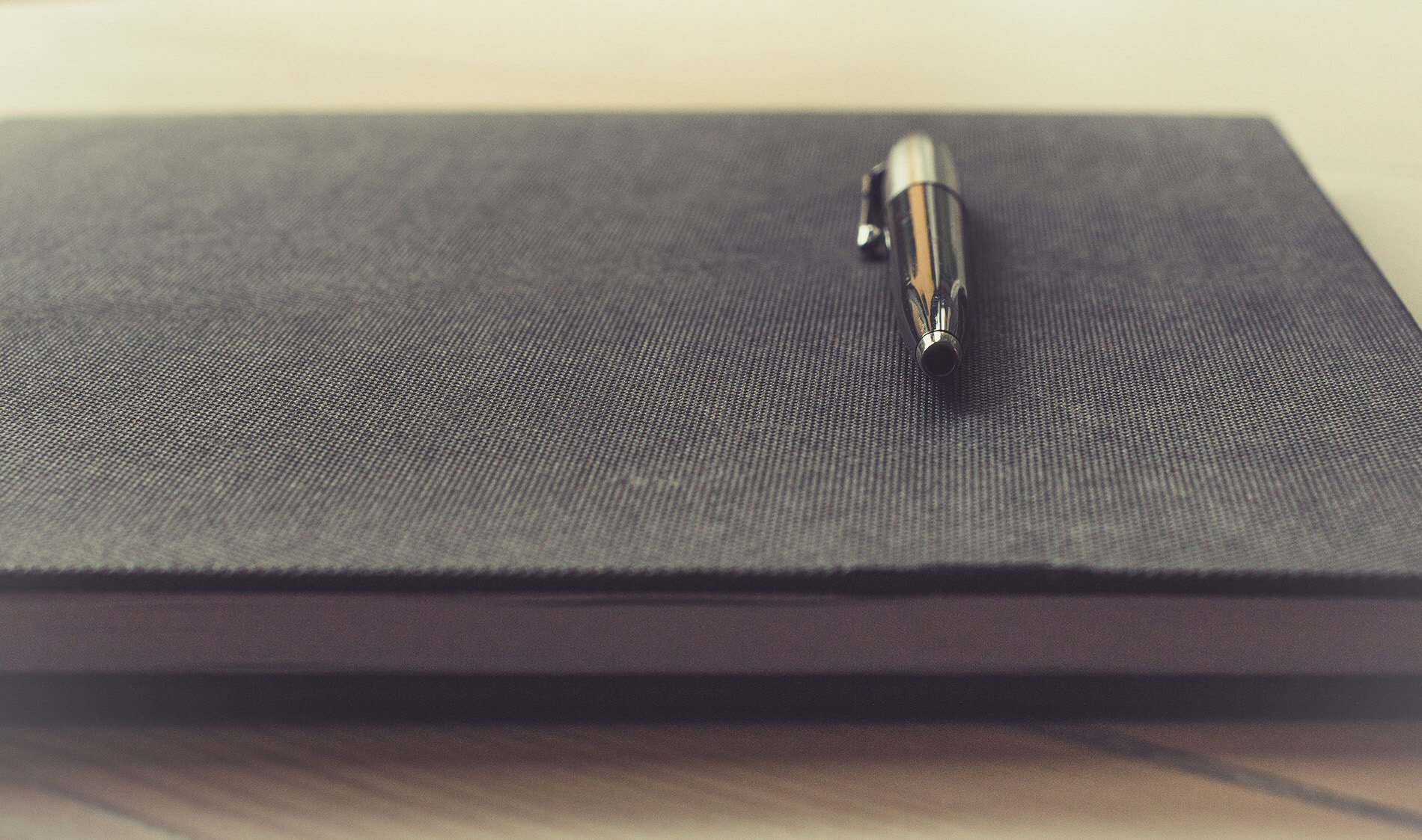We ask Bathrudiin Abdirahman, legal advisor for DSU-Benadir
Q:I understand we have the IDP policy now in place. Why is the policy important in regards to finding solutions to over 500,000 displaced communities in Mogadishu?
A: Given the vulnerability of IDPS and the difficulties they face everyday as displaced individuals the policy has come up with ways to try alleviate and solve their problems. The policy seeks to protect IDPS from marginalization and displacement related discrimination by upholding the rule of law and ensuring the social, political, cultural and economic rights of IDPS are enhanced through governance. which in hand will safeguard and ensure access to justice, government offices and services at district and municipal level. The policy creates opportunities for the IDPS to participate in public affairs especially matters concerning their own affairs. Most importantly the policy has durable solutions at its core that aims to have IDPS live in dignity, they include voluntary resettlement and integration. Currently we are working on building three hundred houses for IDPS in Mogadishu.
Q: Understanding the nature of IDPs in Somalia, do you feel they are legally protected?
A: No, but currently in Mogadishu BRA is trying to reduce the gap in legal protection by working on rights guaranteed by the Somalia constitution that including right to property (HLP Rights), right to life, right to movement and access to justice.
Q: What does protection mean?
A: Protection is all activities aimed at acquiring full respect for the life of individuals in accordance with the letter and spirit of the provisional Somalia constitution, human right law, international humanitarian law and refugee law.
Q: The DSU was recently launched and it was a sigh of relief for many IDPS. Do they (DSU) have in place protection principles that guide the unit?
A: yes, we do we have them in different documents scattered around but still effective. Example we have the eviction guidelines that protect against further displacement protection during displacement (evictions) within Mogadishu. Integration in the settlements that they have been displaced through inclusive urban development, expansion of basic services in IDP camps and BRA is working on how to ensure basic rights to food, water, shelter, dignity and expedite access to all other rights.
Q: Whose responsibility is it to protect and assist the internally displaced persons?
A: Protection of IDPS traditionally falls under governments because their citizens are displaced within their boarders and this can be seen through the international systems and instruments such as 1951 Refugee Convention and The UN High Commission for Refugees set up which predominantly focused on persons uprooted from their homes and fled across borders, deprived from protection from their own governments . This has changed however and they are shift of attitude that sovereignty should not take precedence over violation of human rights and therefore international institutions have helped in managing IDP. This has not changed the status quo that governments should protect their citizens and the responsibility to protect IDPS in Somalia falls under the Somali government.
Q: Over 500,000 people are displaced in Mogadishu! That sounds alarming right? Realistically speaking do you think it’s achievable to educate the IDPs on their rights and to have well-informed?
A: very alarming indeed, educating them on their rights is achievable and it can be done through a number of ways including Radio programmes. Radio being the primary means for most Somalis including IDPs to get information. Hosting of talk shows on IDPS rights and engaging the listeners, inviting IDPS to the studio for an in-depth discussion with professionals is one suitable way to educate them on their rights and have them well informed. Another important way to educate them on their rights is government to engage them on matters affecting them, through this IDPs I believe will be enlightened and come to know what rights they have through such discussions.
Q: What rights do internally displaced persons have?
A: They have every right like any other Somali citizen. Given that they face specific forms deprivation such as luck of shelter, food, armed attack when fleeing for safety, family separation due to fleeing, rape, displacement into uninviting/ inhospitable environment and discrimination and marginalization. They is need to increase protection and bordering rights such as; right to life, freedom from cruel, inhuman degrading treatment, right to property, right to education.
Q: What do you think is the easiest approach to protect IDPS?
A: They is no single approach IDP protection. Protection requires a more proactive response from the government to protection concerns emanating from the field and engagement and dialogue with NGO’s and INGO’S. Through bringing this relevant information to light the government will provide input and reports on the course of action.

